 If the answer to the above is ‘Yes!’ then have I got good news for you! The Erasmus Preparatory Visit Fund was developed with this in mind and is open for applications right now. The main objective of the funding is to help higher education institutions (HEI) to establish contacts with prospective partner institutions with a view to establishing:
If the answer to the above is ‘Yes!’ then have I got good news for you! The Erasmus Preparatory Visit Fund was developed with this in mind and is open for applications right now. The main objective of the funding is to help higher education institutions (HEI) to establish contacts with prospective partner institutions with a view to establishing:
*New inter-institutional agreements (not renewals) relating to student and/or staff mobility
*Erasmus Intensive Programmes;
*Erasmus Student placements;
*Erasmus networks;
*Erasmus multilateral projects;
*Erasmus accompanying measures.
The preparatory visit grant may be used to visit either one or more prospective partner higher education institutions, enterprise or organisation. You can also use the funding to participate in a partner-finding “contact seminar” organised by a National Agency.
Usually a grant is awarded to just one person per visit, but in exceptional cases two staff from the same institution can be awarded a grant to undertake a visit together. Only one visit per potential project will be funded.
The duration must be between 1 and 5 days and all activity must be undertaken by 30.04.13. The deadline for applications is 31.12.12 and all forms are available on the British Council website. You can send any queries relating to Preparatory visits by email.
I am pleased to announce that the Erasmus Staff Mobility scheme will now fall under the Fusion Investment Staff Mobility & Networking strand and this will be launched next week! I will blog more about this when the funding is announced but it is important to note that the Erasmus Staff Mobility scheme focuses on making connections with those institutions with whom you already have some contact with. If you need to build up relationships with blossoming contacts then please do complete the really short Erasmus Preparatory Visit application form. You will need to enterthe Erasmus ID for BU when making the application, our fantastic RKE Operations EU specialist Paul Lynch will provide you with this when you contact him to say you will be making an application.
Don’t forget that you can also use our fantastic internal peer review process the RPRS and I can also give you access to an expert bid writer if you let me know you are interested in applying before the end of October!

 Then we want to hear from you! 🙂
Then we want to hear from you! 🙂






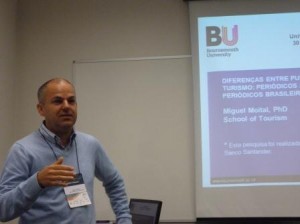



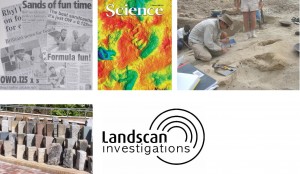
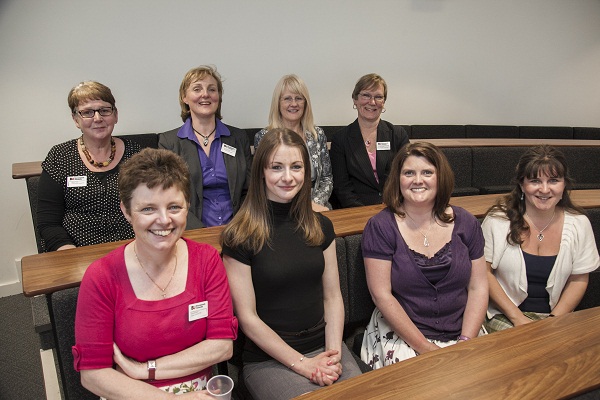
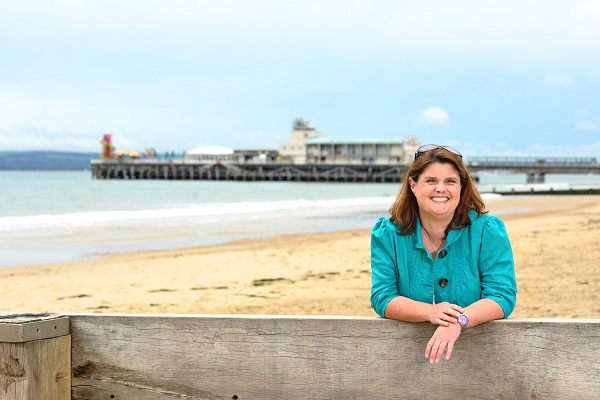
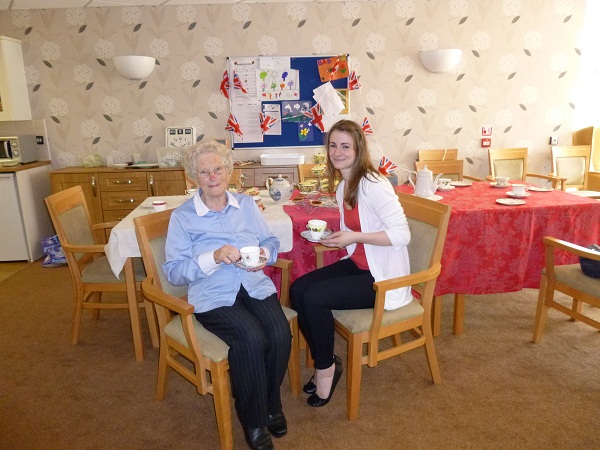












 Fourth INRC Symposium: From Clinical Applications to Neuro-Inspired Computation
Fourth INRC Symposium: From Clinical Applications to Neuro-Inspired Computation Writing policy briefs
Writing policy briefs Upholding Excellence: The Concordat to Support Research Integrity
Upholding Excellence: The Concordat to Support Research Integrity Today’s Documentation Will Serve Tomorrow’s Justice
Today’s Documentation Will Serve Tomorrow’s Justice ECR Funding Open Call: Research Culture & Community Grant – Application Deadline Friday 12 December
ECR Funding Open Call: Research Culture & Community Grant – Application Deadline Friday 12 December MSCA Postdoctoral Fellowships 2025 Call
MSCA Postdoctoral Fellowships 2025 Call ERC Advanced Grant 2025 Webinar
ERC Advanced Grant 2025 Webinar Horizon Europe Work Programme 2025 Published
Horizon Europe Work Programme 2025 Published Horizon Europe 2025 Work Programme pre-Published
Horizon Europe 2025 Work Programme pre-Published Update on UKRO services
Update on UKRO services European research project exploring use of ‘virtual twins’ to better manage metabolic associated fatty liver disease
European research project exploring use of ‘virtual twins’ to better manage metabolic associated fatty liver disease